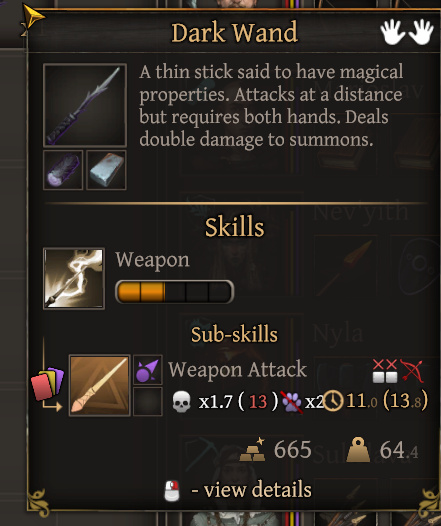It is not. When you get to the point of putting down the city, it will mostly be for reasons that mean propping up your adventuring party and hopefully getting some more nice events. There are events unique to villages that are fun and… horrible. It’s a great experience for later, but it’s an added complexity you don’t need right away.
You will spend a fair amount gathering resources. In fact, one of your goals early on, besides, you know, living is to create items like gathering tools and crafting tools (assuming you don’t discover them as loot) to get faster at that. Higher tier resources take longer after all, so good gathering skills but good crafting is a boon even if some of those characters are not so helpful in battle.
I’m not sure exactly what is being asked here, but your first game will pretty much always be pretty difficult, even early on. It’s good experience though to not only learn your character but your enemies and just sort of start storing your ability to asses what your up against.
200 sounds pretty good to me! I am not sure how far you got on your two main quest lines, but 200 in sounds like you would’ve hit some pretty unique events, learned a lot about combat and characters, and traveled the seas to some islands too
I play most with one other person. When he’s in the mood, we add a third. Usually early on we head towards each other and join challenges, combats together as soon as possible. The ability to join battles between groups (even in single player if you have multiple ones) is a setting in your options. I think it’s… 4. I beefed that up to get more co-op going. We almost never play the same god which makes for some a pretty cool variety of characters. You can certainly go your separate ways and rejoin later too. I believe “the game” keeps track of the population of the groups in some way so you tend to get less as your groups get bigger. My group always argues with me on this, but if you have 14 people and they have 7… might want to share. It’s not evenly given out or anything.
It seems to be chance, and you can get really bad roles. I was an group of five for gosh it seemed like forever before I even got one, one kid! It was awful.
I will say that the village has some unique events that offer more chances to not only get kids and people but… better ones, but it’s just something that’s a hazard and a chain if you don’t do it right.
Besides birth, there are a number of events too that get you some youngins. My favorite kind of events!
